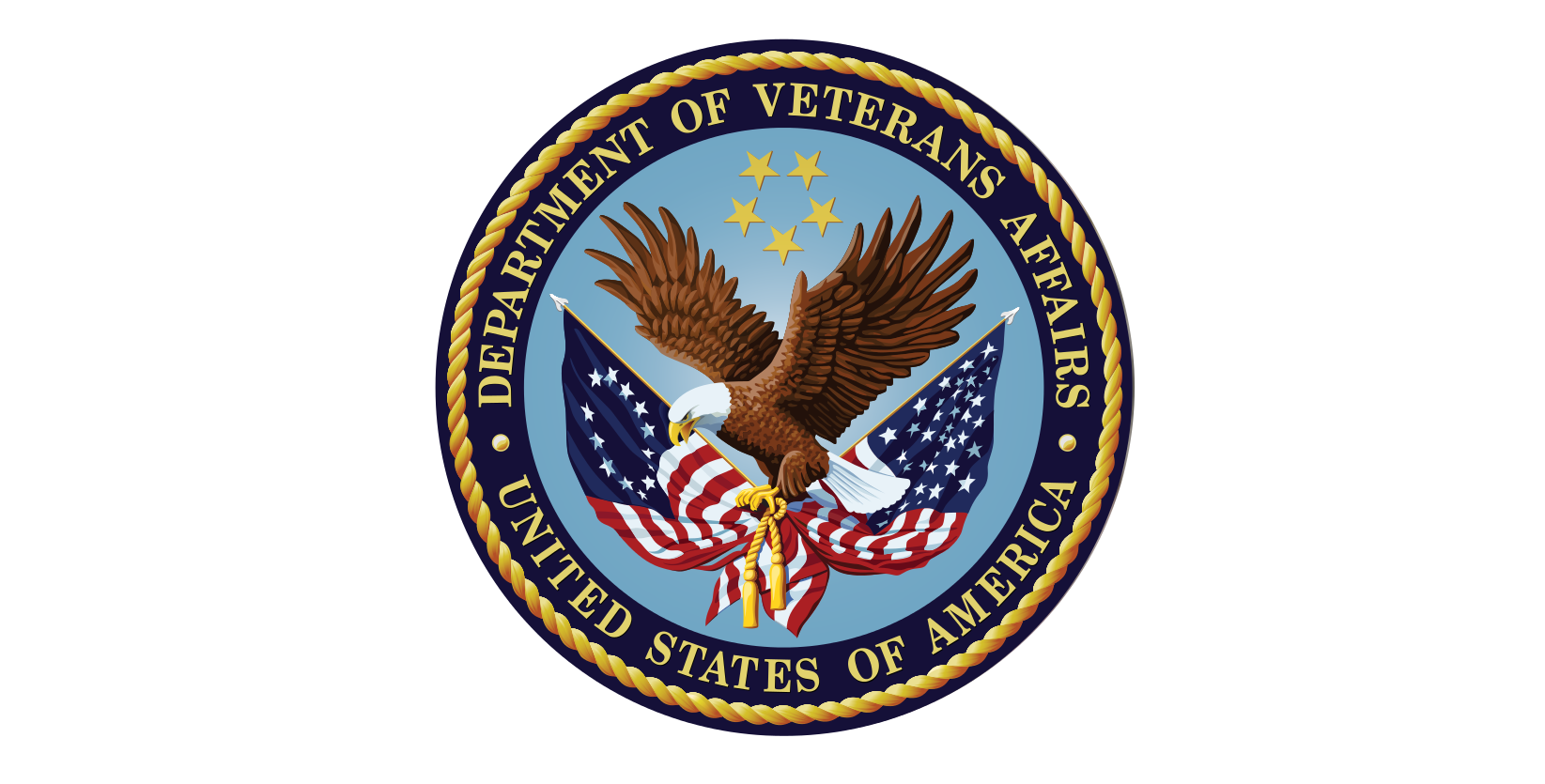This column advocates one of the most unpopular stances in America: giving lawyers more money. But hear me out. Medicare, Medicaid, Unemployment, and Social Security all have provisions to pay legal fees for helping those owed benefits navigate the system to get their due.
Those fee payments are clearly laid out and firms can calculate how they will collect. This is why we see so many ads for Medicare and disability lawyers: people who cannot afford lawyers gain representation because the federal programs pay the legal fees.
Anyone who reads the news or watches The Daily Show knows the Veterans Affairs Administration is woefully behind paying claims. Jon Stewart called his series about the VA backlog “The Red Tape Diaries.”
To aid a Veteran with a claim, the agent must be accredited with the Veterans Affairs Administration. Even law students working in clinics have to get special accreditation to volunteer in helping fill out forms. The law also states no individual can charge or collect a fee for helping with an initial benefits claim. This is different from Medicare or Social Security, which allows use of attorneys from the start. The VA pays legal fees only for certain appeals.
Unlike unemployment claims, it is often unlawful for a lawyer to take a portion of the benefits received: for example, take $5,000 of a $50,000 payout.
I know that paying lawyers more appeals to very few people, but in this case it makes sense. Currently, the VA backlog is so great, and so few people are collecting their due, that a new tactic should be tried. Other federal departments had to begin responding quicker when it became economical for lawyers to aid people with claims. Currently, the fees for VA lawyers, are set by Congress.
There are some third parties that are legally allowed to pay lawyers for helping veterans. The NC Bar Association is training lawyers to help as a pro bono activity. Even pro bono representation, however, requires becoming a VA accredited agent.
A typical attorney, currently, has to work out a percentage with the veteran, rather than getting a set amount from the VA. This law firm, in West Virginia, negotiates with the veteran and takes a percentage. However, they only do one type of claim: disabilities. Veterans can have many other non-cash benefit claims, such as health care questions or malpractice in VA hospitals, or others.
Setting up clear guidelines and regulations for payment of attorneys in Veterans claims would allow our veterans to be able to claim their full benefits without giving away a big cut.
